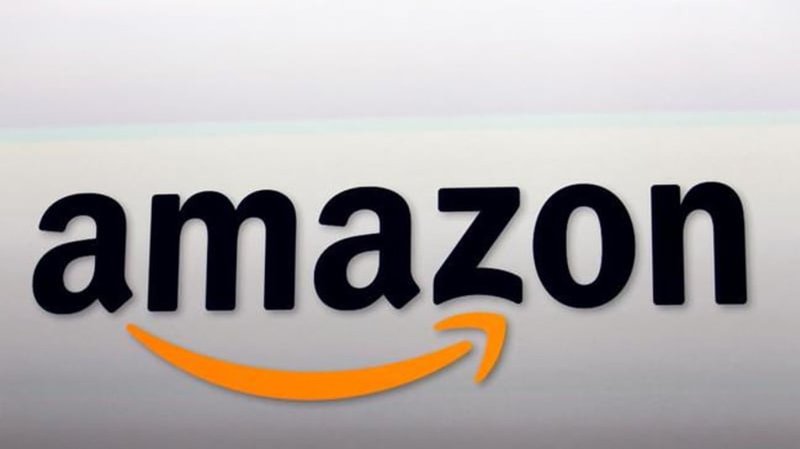
Amazon looks to self-driving future by acquiring Zoox
NEW YORK — Amazon said Friday that it is buying self-driving technology company Zoox, which is developing an autonomous vehicle for a ride-hailing service that people would request on their phones.
Seattle-based Amazon did not disclose how much it is paying for Zoox, which was founded six years ago in Foster City, California. Analysts pegged the purchase price at over $1 billion.
The online retailing giant said Zoox will keep running as a separate business and continue to develop its own autonomous vehicle.
“We’re excited to help the talented Zoox team to bring their vision to reality in the years ahead,” said Amazon’s Jeff Wilke, who runs the company’s retail business.
